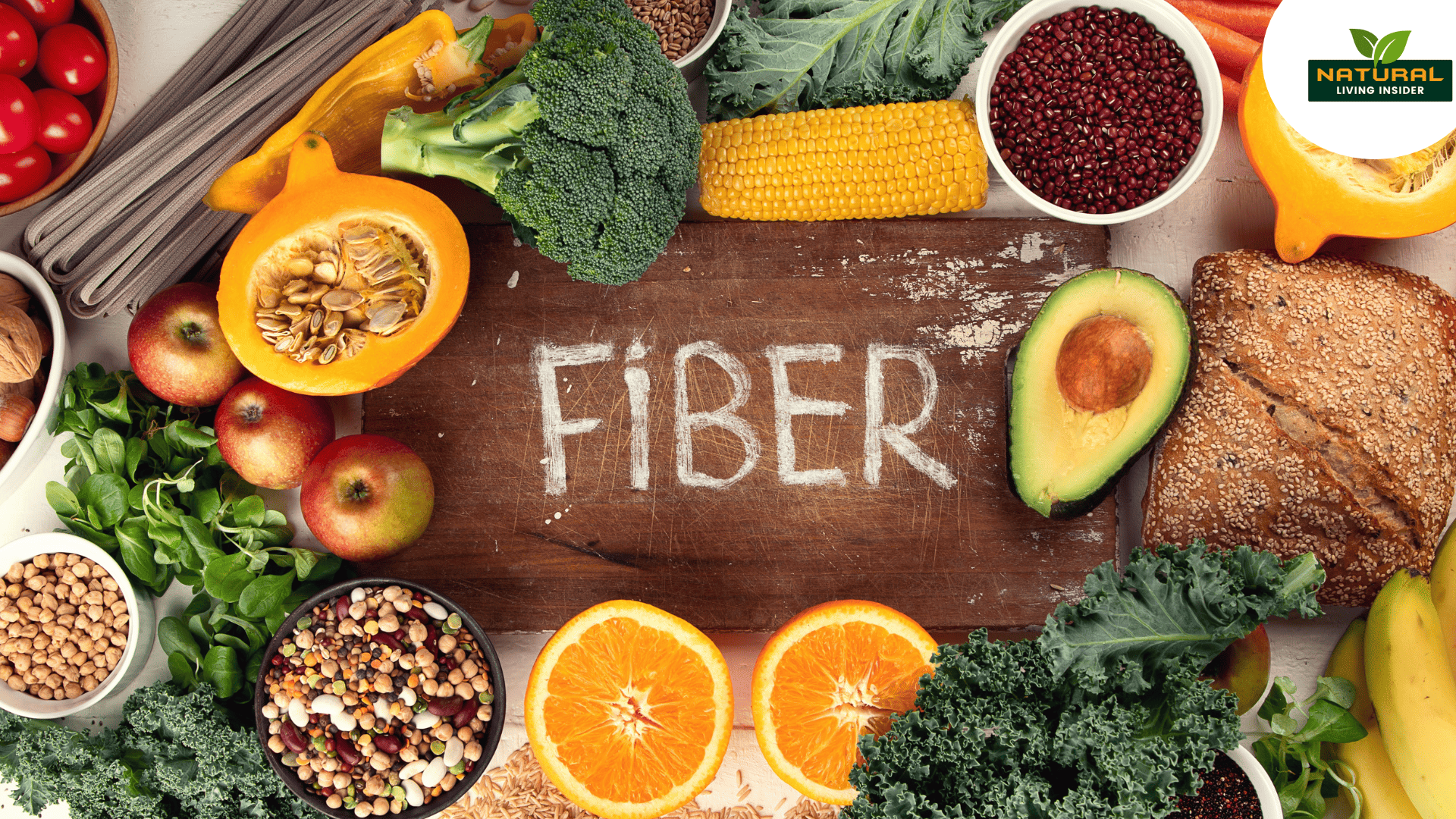
Discover the importance of fiber in your diet, how much you need daily, top natural sources, and simple ways to boost your intake for better digestion, heart health, and overall wellness. When we think about a healthy diet, nutrients like protein, vitamins, fiber, and healthy fats often come to mind first. But there's another crucial component that tends to be overlooked—fiber. This unsung hero plays a vital role in maintaining good health, especially when it comes to digestion, heart function, and even weight management.
So, the big question is: Are you getting enough fiber in your daily diet? Let’s break it down and find out why fiber is more important than ever.
Table of Contents
What Exactly Is Fiber?
Dietary fiber is a type of carbohydrate that your body can’t digest. Instead of being broken down and absorbed, fiber moves through your digestive system largely intact. There are two main types of fiber:
-
Soluble Fiber: Dissolves in water to form a gel-like substance. It helps lower blood cholesterol and glucose levels.
-
Insoluble Fiber: Does not dissolve in water. It helps move food through your digestive tract and supports regular bowel movements.
Both types are essential for optimal health, and a good diet should include a balance of both.
Why Fiber Matters?
Fiber does more than just keep things moving. Here are some of the top reasons why you need to pay attention to your fiber intake:
-
Improves Digestion
Fiber adds bulk to the stool and helps food pass more easily through the digestive system, reducing constipation and promoting regularity.
-
Supports Weight Management
Foods high in fiber tend to be more filling and take longer to chew, which helps you feel full longer and avoid overeating.
-
Reduces the Risk of Chronic Diseases
A high-fiber diet can reduce your risk of heart disease, type 2 diabetes, stroke, and even certain types of cancer, particularly colon cancer.
-
Lowers Cholesterol and Controls Blood Sugar
Soluble fiber helps reduce LDL (“bad”) cholesterol levels and slows the absorption of sugar, helping to control blood glucose spikes.
-
Feeds Healthy Gut Bacteria
Fiber acts as a prebiotic, feeding the beneficial bacteria in your gut. A healthy gut microbiome boosts your immune system and supports better mental health.
Are You Getting Enough Fiber?
Chances are, you're not. The recommended daily intake of fiber is:
-
25 grams per day for adult women
-
30–38 grams per day for adult men
Unfortunately, research shows that most people only consume about half of what they should—averaging just 15 grams per day. That shortfall can lead to various health issues over time.
Best Sources of Dietary Fiber
You don’t need fancy supplements or special products to meet your fiber needs. Natural, everyday foods are some of the best sources, such as:
-
Fruits like apples, pears, raspberries, and bananas
-
Vegetables including broccoli, carrots, sweet potatoes, and leafy greens
-
Legumes such as lentils, beans, and chickpeas
-
Whole grains like oats, brown rice, quinoa, and whole wheat bread
-
Nuts and seeds, including chia seeds, flaxseeds, and almonds
These fiber-rich foods not only boost your intake but also come packed with additional nutrients.
Simple Ways to Add More Fiber to Your Diet
Increasing your fiber doesn’t have to mean overhauling your entire lifestyle. Here are some easy, practical tips:
-
Start your morning with a fiber-rich breakfast, like oatmeal topped with fruits and nuts.
-
Snack smart by choosing raw veggies, a handful of nuts, or air-popped popcorn.
-
Add beans or lentils to soups, salads, or rice dishes for an extra fiber punch.
-
Keep fruit skins on—they’re often packed with fiber.
-
Switch to whole grain options for bread, pasta, and rice instead of refined grains.
Making small, intentional choices like these throughout the day can make a huge difference.
What Happens If You Don’t Get Enough Fiber?
A lack of fiber can cause more than just irregular digestion. Over time, low fiber intake can contribute to:
-
Bloating, constipation, and discomfort
-
Increased cholesterol and risk of heart disease
-
Poor blood sugar control
-
Weight gain or difficulty losing weight
-
A weakened immune system due to poor gut health
Long-term fiber deficiency has even been linked to a higher risk of colon cancer. Clearly, this nutrient plays a bigger role than many people realize.
Final Thoughts
Fiber might not be the flashiest nutrient, but it’s one of the most essential. It’s key to good digestion, heart health, weight management, and disease prevention. Yet, it remains one of the most commonly overlooked elements in the modern diet.
So, take a closer look at what you're eating. If your meals are lacking fruits, vegetables, whole grains, and legumes, you might not be getting enough fiber—and your body will feel the effects.
The good news? It’s easy to fix. With just a few simple changes, you can transform your diet, improve your gut health, and start feeling better from the inside out.



